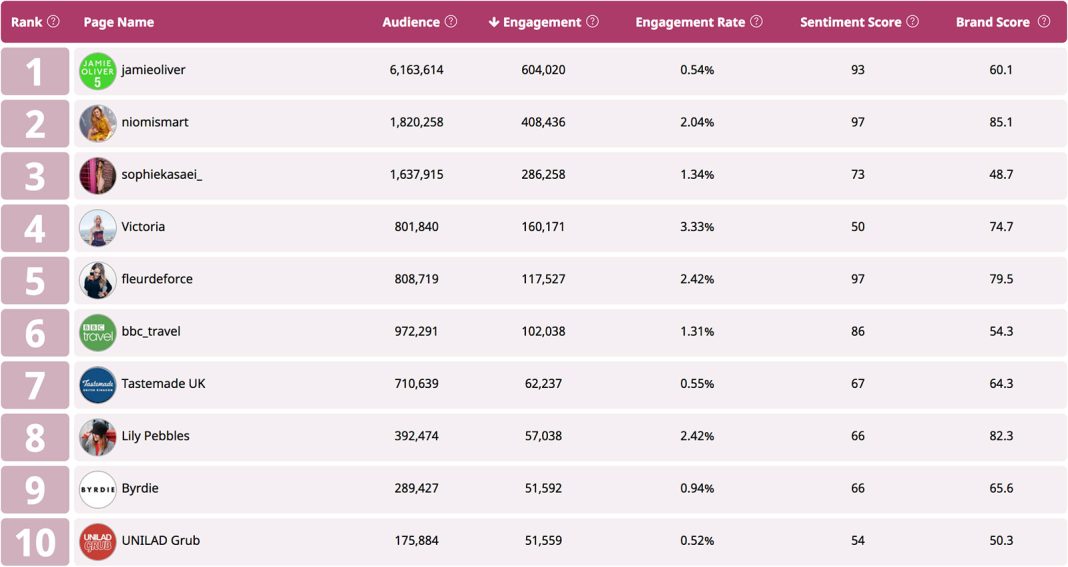 Debanking Epidemic: The High Cost of AML Regulations
Debanking Epidemic: The High Cost of AML Regulations
Introduction:
Banks in the UK are facing a debanking epidemic, where they are forced to close accounts due to the high cost of complying with anti-money laundering (AML) regulations. The Institute of Economic Affairs (IEA) argues that the government needs to either reduce red tape or compensate banks to address this issue.
The Costly Burden of AML Regulations:
According to a report by the IEA, UK banks closed a total of 343,000 accounts in the year 2021/22, a significant increase from 45,000 in 2017 when the Money Laundering, Terrorist Financing, and Transfer of Funds Regulations were passed into law. The report highlights that the cost of compliance with AML regulations is too high for banks, leading them to cancel accounts of innocent customers. Banks, when acting as crime fighters on behalf of the government, tend to presume guilt rather than innocence due to the lack of commercial viability in verifying a customer’s innocence. The fines for non-compliance can be exorbitant, and responsible staff face serious personal penalties, making it a commercially rational decision for banks to close accounts without thorough investigation.
Vulnerable Customer Groups:
Certain types of customers are more vulnerable to account closures due to their association with higher risks of money laundering. These include prostitutes, racecourse bookies, charities, cryptocurrency businesses, small companies with business in developing economies, and politicians. The cost of determining whether these customers are involved in illegal activities outweighs the value they bring to the bank, leading to widespread debanking.
The Enormous Cost of Compliance:
The IEA cites a study by Lexis Nexis and Oxford Economics, revealing that banks spend over £34 billion annually on AML compliance. This figure is double the amount the government spends on policing all other crimes combined and equates to around £220 per year for each of the UK’s 160 million bank customers. Despite this massive expenditure, there is no evidence to suggest that AML regulations effectively reduce crime.
The Call for Action:
The IEA calls upon the government to either scale back AML regulations to pre-2017 levels or further, or compensate banks for the high cost of compliance. The think tank argues that the current regulations do not justify their impact on the banking sector and the economy as a whole.
Debanking and Reputational Risk:
The issue of debanking gained attention when Nigel Farage, a former politician, suspected that his account with Coutts was closed due to his political views. A Wealth Reputational Risk Committee (WRRC) report revealed that Mr. Farage’s political views were considered in the bank’s decision-making process. However, an external review commissioned by Coutts’ owner, NatWest, found that the closure of Mr. Farage’s accounts was primarily due to the lack of commercial viability. The income generated from his accounts did not outweigh the costs incurred in maintaining them.
The Impact on High-Profile Individuals:
Managing the accounts of high-profile individuals, such as Mr. Farage, comes with additional costs. NatWest stated that they continually review customer accounts, including high-profile individuals, in line with legal and regulatory obligations. This monitoring is considered standard industry practice.
Conclusion:
The debanking epidemic in the UK highlights the high cost of compliance with AML regulations for banks. The IEA argues that either reducing red tape or compensating banks is necessary to address this issue. The burden of compliance not only leads to innocent customers losing their accounts but also imposes significant costs on banks and their customers. Finding a balance between combating financial crimes and ensuring fair access to banking services is crucial in creating a more efficient and equitable financial system.


